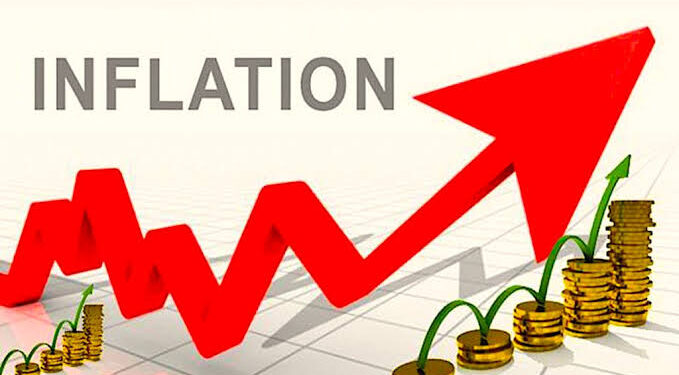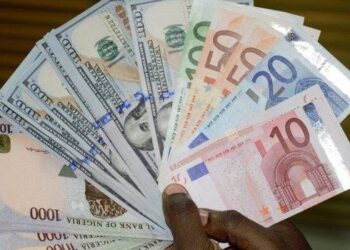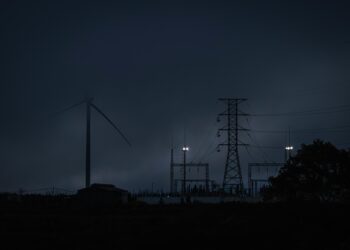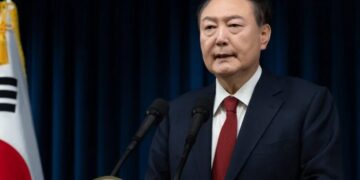Nigeria’s inflation rate has skyrocketed to a staggering 33.95%, the highest level in 28 years, according to official data released on Saturday. This sharp rise in prices has caused significant hardship for many Nigerians and fueled public frustration with President Bola Tinubu’s economic reforms.
Why It Matters
This marks the 18th consecutive month of rising inflation, with the rate climbing from 33.69% just a month earlier. The pain at the pump and rising electricity bills are a major concern, as President Tinubu slashed subsidies on both petrol and electricity. Additionally, the naira, Nigeria’s currency, has been devalued twice within a year, making imports more expensive.
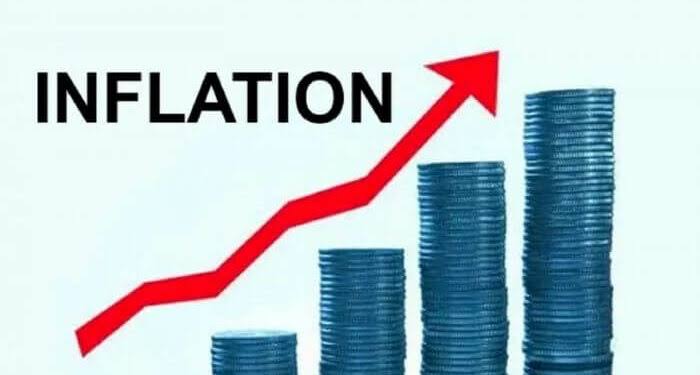
These reforms have been met with fierce criticism from labour unions, who previously threatened a strike over the lack of a new minimum wage. They argue that these policies disproportionately hurt the poor, leaving millions struggling with the worst cost-of-living crisis in recent history.
What They Are Saying
The National Bureau of Statistics reported that food prices, particularly food and non-alcoholic beverages, continue to be the primary driver of inflation. In fact, food inflation, which makes up a significant portion of what Nigerians spend their money on, jumped to 40.66%, up from 40.53% in the previous month.
Experts point to high food prices and a weakened naira as the main culprits behind Nigeria’s inflation woes. In response, the Central Bank raised interest rates for the third time this year in an attempt to curb inflation. Governor Olayemi Cardoso has hinted that interest rates could remain high for an extended period until inflation is brought under control.
Bottom Line
This situation presents a major challenge for President Tinubu’s administration. With public anger mounting and the cost of living spiraling upwards, it remains to be seen if his economic reforms can ultimately deliver stability and prosperity for Nigerians.

